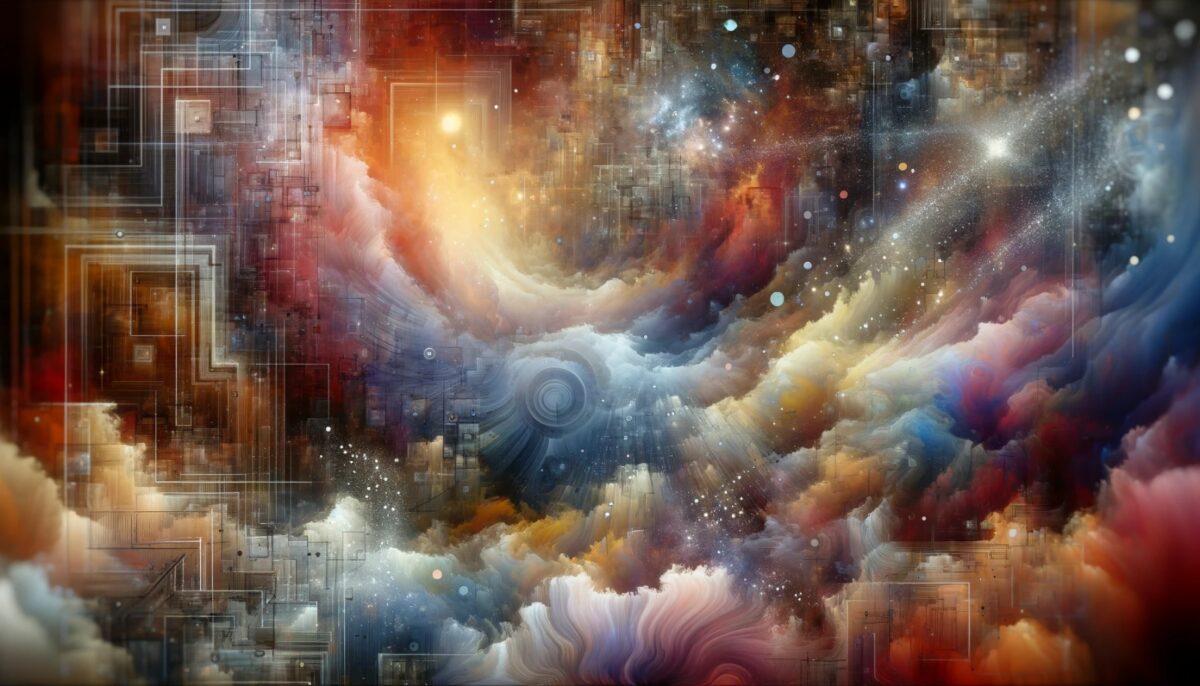Dr Atiq Ahmad Bhatti, UK

Lois Duncan, an American writer and novelist, is credited with the famous quote:
“The best things in life are simple. Simple things work. They don’t foul up. It’s the complicated things that get twisted around on you.”
As I scroll through the bite-sized news feeds of social media, digital TV channels and the internet, I am sometimes bewildered by the imbalance of humanity. On the one hand, we have advanced by leaps and bounds both scientifically and technologically, but at the same time, we have regressed spiritually and in our humanity!
How can we, as beings with consciousness, intellect and superior senses, advance so much in progress for the benefit of others and yet, in parallel and in tandem, regress in our spiritual understanding (or definition) of justice, compassion and humility!
Baffling may not be the right word, but astonishing seems more appropriate.
What is also astonishing is how, within the definition of humanity, inhumane acts continue to occur, and escalate, within the definition of being humane for the safety and well-being of others.
The examples of inhumane acts being carried out within the construct of humanity are too numerous to list here. Suffice it to say that a fairly large proportion of the world’s population is certainly aware of it, but unable to do anything about it.
This often leads one to reflect on the profound teaching of Hazrat Mirza Ghulam Ahmadas, the Promised Messiah and Mahdi, who speaks of the three states of man, namely the physical, the moral, and the spiritual.
My observation always leads to the conclusion, right or wrong, that the present state of humanity is, in many situations, a state between the physical and the moral. The third state, the spiritual state, has a long way to go. You could say that it is very much on the back burner for many, as life takes precedence with all that it has to offer. However, this is not the case for all, certainly, poverty and hardship are faced by a greater majority of people around the world than ever before. Where is humanity?
What a dilemma, isn’t it?
Let’s take a small example, something many of us have experienced on our own doorstep.
Election time is always a time of amusement. Promises are made and incredibly powerful statements are made, all in the name of goodwill for the people: “We will give you this, we will do that, we promise this and that.”
Hope is given, promises are made.
But as soon as the results are in and the outcome is achieved, it’s all forgotten, as if it were just a dream.
It has become the norm not to call it a lie, even a white lie. On the contrary, it has become a norm that is said in order to attract voters, and give hope to those in need, and in distress. This is where the deeper problems lie.
In Islam, we talk about tarbiyat, the training we go through to live a fulfilling spiritual and moral life.
Outside of religion and faith, tarbiyat is very much about saying what people want to hear, but not following through on a promise. So much for honesty!
Do we really know what we are saying, or are we so caught up in the world and its material gains that we have actually removed it from the equation of life?
To return to the quote at the beginning of this article, “The best things in life are simple,” are they not?
If we really wanted to help, serve, and look after others for the greater good, with honesty, integrity and compassion, it would be a wonderfully blissful society the world over.
We are already a global village; there is no denying it, nor is there any going back. But instead of carving out territories for one’s own selfish or materialistic gains, how wonderful it would be to bow down and help one another in the truest sense of the word!
The Holy Prophetsa of Islam summarised the above when he established a formal bond between two groups of Muslims in Medina. He went so far as to divide the orchards from one group to the other until such time as they were no longer needed.
Imagine if the rulers were able to take this example and put it into practice. My, oh my, how incredibly life-changing it would be.
Let us take another example. If everyone looked out for three of their neighbours to the left and right, would anyone be left without help or support?
Life is not complex; it is simple, and it is the simple things, the straightforward things, that make the biggest difference.
When will humanity stop its trajectory of bulldozing others, scooping up natural resources, and turn to bowing with grace for lasting peace!
We have made simplicity complicated, so it has become simply complicated. This is nothing new, but the narrative has to change at some point; surely it must. There will never be peace unless humanity is human, unless the physical states move into moral states for a sufficient period of time for that state to then move into a state of awareness of the Supreme Being. Then there will be a true awakening.
This true awakening will then bring the realisation that it has always been this way; it has just taken millennia to get there.

